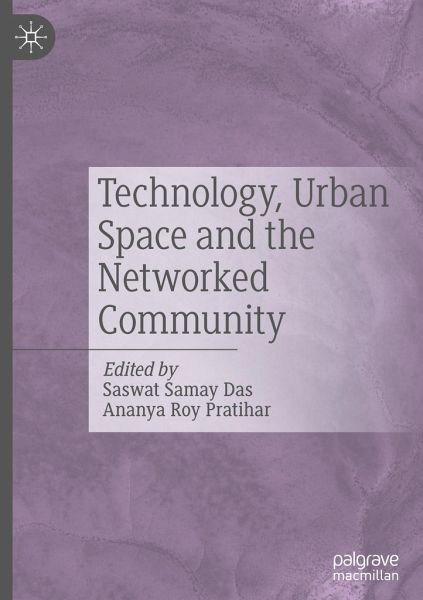
Technology, Urban Space and the Networked Community

PAYBACK Punkte
57 °P sammeln!
This collection stages a dynamic scholarly debate about the ambivalent workings of technocapitalism and humanism in urban spaces. Such workings are intended to provide multiple forms of autonomy and empowerment but instead create intolerable contradictions that are experienced in the form of a slavish adherence to machines. Representing the novelty of a post-anthropocentric grammar, this book points towards a new ethical and political praxis. It challenges the anthropocentrism of bio-politics and neoliberalism in order to express the constitutive potential of an eco-sensible 'new earth'.
This collection stages a dynamic scholarly debate about the ambivalent workings of technocapitalism and humanism in urban spaces. Such workings are intended to provide multiple forms of autonomy and empowerment but instead create intolerable contradictions that are experienced in the form of a slavish adherence to machines. Representing the novelty of a post-anthropocentric grammar, this book points towards a new ethical and political praxis. It challenges the anthropocentrism of bio-politics and neoliberalism in order to express the constitutive potential of an eco-sensible 'new earth'.














